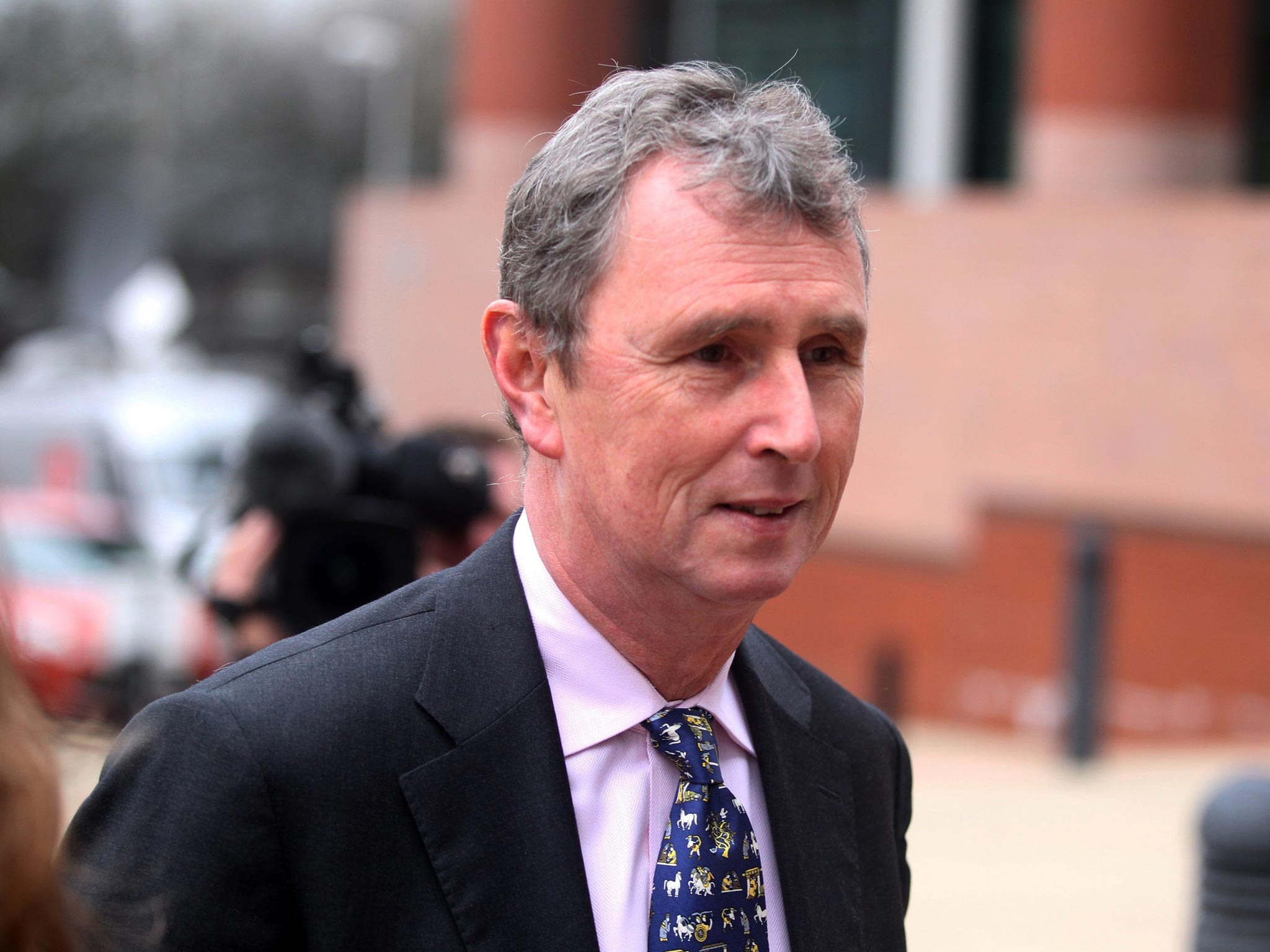The Only Way is Ethics: Why is a gay sexual assault different from any other kind? Quite simply, it isn’t
The primary purposes of a headline are to sum up the story and to draw the audience into reading more. But there is of course far more to consider


Your support helps us to tell the story
From reproductive rights to climate change to Big Tech, The Independent is on the ground when the story is developing. Whether it's investigating the financials of Elon Musk's pro-Trump PAC or producing our latest documentary, 'The A Word', which shines a light on the American women fighting for reproductive rights, we know how important it is to parse out the facts from the messaging.
At such a critical moment in US history, we need reporters on the ground. Your donation allows us to keep sending journalists to speak to both sides of the story.
The Independent is trusted by Americans across the entire political spectrum. And unlike many other quality news outlets, we choose not to lock Americans out of our reporting and analysis with paywalls. We believe quality journalism should be available to everyone, paid for by those who can afford it.
Your support makes all the difference.A headline in The Independent last Tuesday caused some consternation by describing the trial of Tory MP Nigel Evans thus: “Tories ‘knew about senior MP’s gay sex assault – but kept it quiet before election’”.
Why, asked a couple of readers, did we think it necessary to include the word “gay” there? An alleged sex assault is an alleged sex assault: the law does not distinguish between male victims and female victims, same-sex or contra-sex incidents. In a case where the alleged targets were women, we would surely not refer in our headline to claims of a ‘straight sex assault’, would we? That, I am afraid, is unarguable. In the final analysis, we made an error of judgement. But the issue is not without nuance.
The primary purposes of a headline are to sum up the crux of the story and to draw the audience into reading more. In this instance, it is a simple fact of the trial that the accused is a man and that his alleged victims are men. By adding “gay” to the headline, we conveyed that information.
Since the large majority of sexual assault cases heard by the courts are by men against women, the point about whether we would have referred to a “heterosexual sex assault” in other circumstances is rather fallacious. The fact is, if “gay” was omitted from the headline, the automatic assumption of most readers would be that the alleged victims were female.
The motivation for our headline was, therefore, to highlight a basic point about the case which, for better or worse, is one of the aspects that makes it unusual. The unusual is inherently of interest. Nonetheless, we got it wrong and there are several reasons why. First, by introducing the word “gay” we might have encouraged readers to infer something about the sexuality of both the accused and alleged victims rather than simply the same-sex nature of the incidents. Those inferences might have been wrong and irrelevant. Second, just because The Independent is a liberal newspaper which has no truck with equating homosexuality and sleaze, we cannot ignore that many – even in 2014 – do make such judgements.
Consequently, while our intentions were innocent, we should have taken greater care not to risk feeding the prejudice which would regard a “gay” sex assault as more salacious or at its heart any different at all to one that remains free of additional adjectives.
The message remains the same
An item on The Independent website last weekend promoted International Women’s Day by narrating what were described in the headline as “the shocking statistics that show why it is still so important”.
The information in the body of the article caused no dispute. Yet the piece was illustrated with an Independent front page from 2006, which itself contained a number of different statistics about women’s experiences in the world. One in particular – that women own 1 per cent of the world’s titled land – has in recent times been hotly contested. To anyone who knows the paper well, it would have been perfectly apparent that the edition being shown was of a much earlier design. But for a portion of the web-only audience, the image was assumed to be of that day’s paper – and the statistics it included to be those referred to in the headline of the online article.
For anyone who cared to click on the i icon in the corner of the picture (which those who complained presumably did not), the date of the illustrative front page was plainly displayed. As for the 1 per cent statistic about land ownership, its accuracy remains a matter of debate: but the idea it conveys of global gender inequality is surely not in doubt.
Will Gore is Deputy Managing Editor of The Independent, i, Independent on Sunday and the Evening Standard Twitter: @willjgore
Join our commenting forum
Join thought-provoking conversations, follow other Independent readers and see their replies
Comments